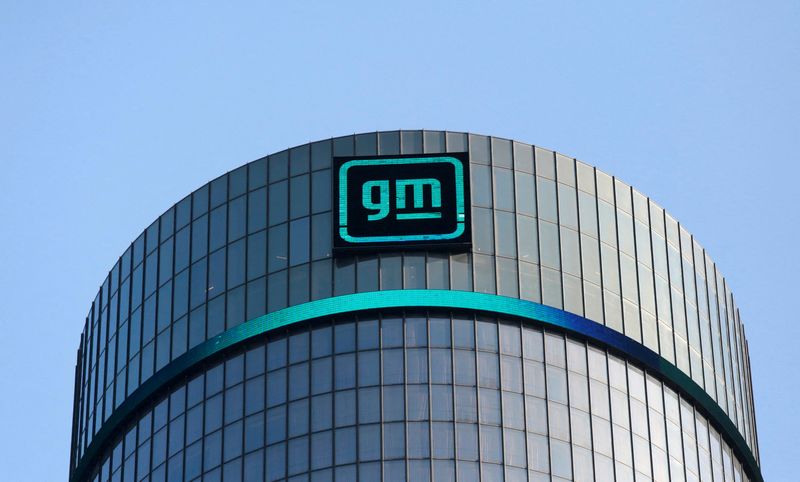GM's Strategic Shift: Insider Duncan Aldred Takes Helm of North American Operations

In a strategic leadership move, General Motors has appointed a seasoned executive with over three decades of experience to a key position. Aldred, a veteran of 33 years at the automotive giant, transitions from his role as vice president of commercial growth strategies and operations to a new leadership assignment.
Reporting directly to Rory Harvey, president of GM's Global Markets business, Aldred's appointment comes at a critical juncture for the company. The move occurs against the backdrop of increasing challenges in the U.S. automotive market, particularly amid President Donald Trump's aggressive import tariffs on foreign auto parts.
This leadership transition signals GM's commitment to navigating complex market dynamics and maintaining its competitive edge in an increasingly volatile global automotive landscape.
